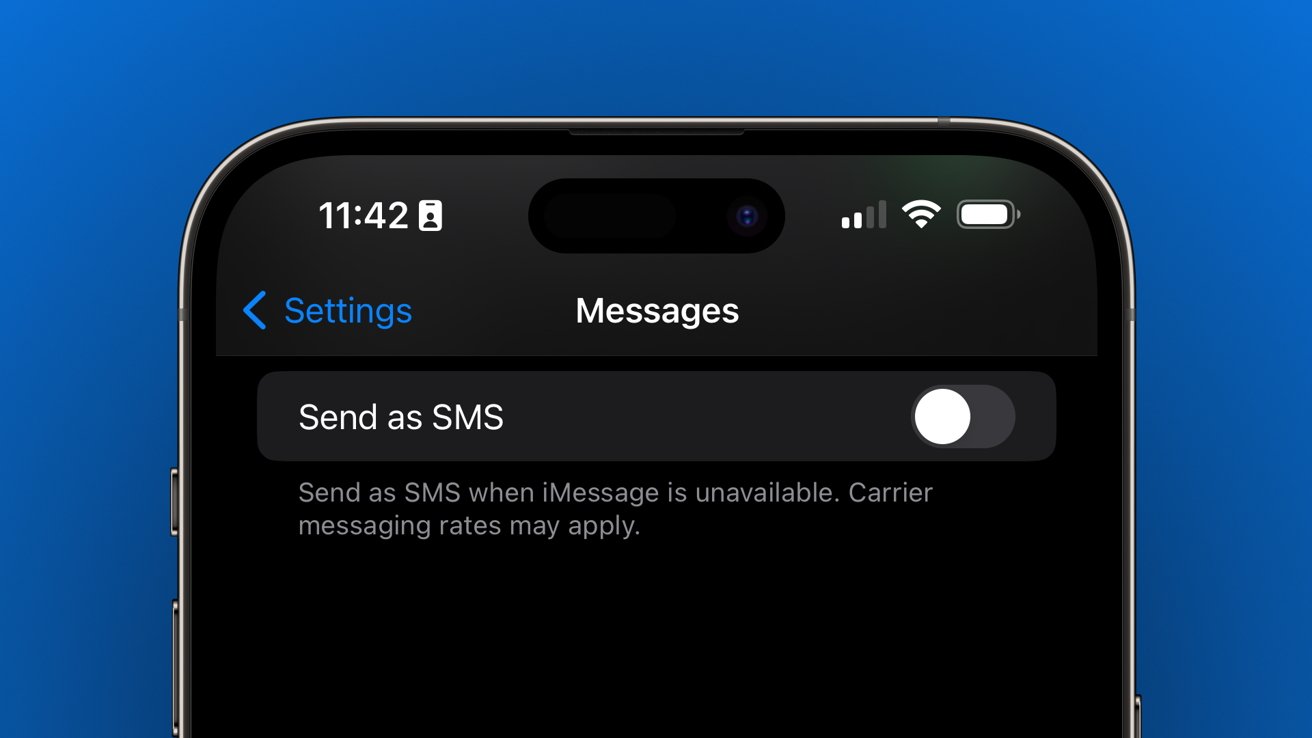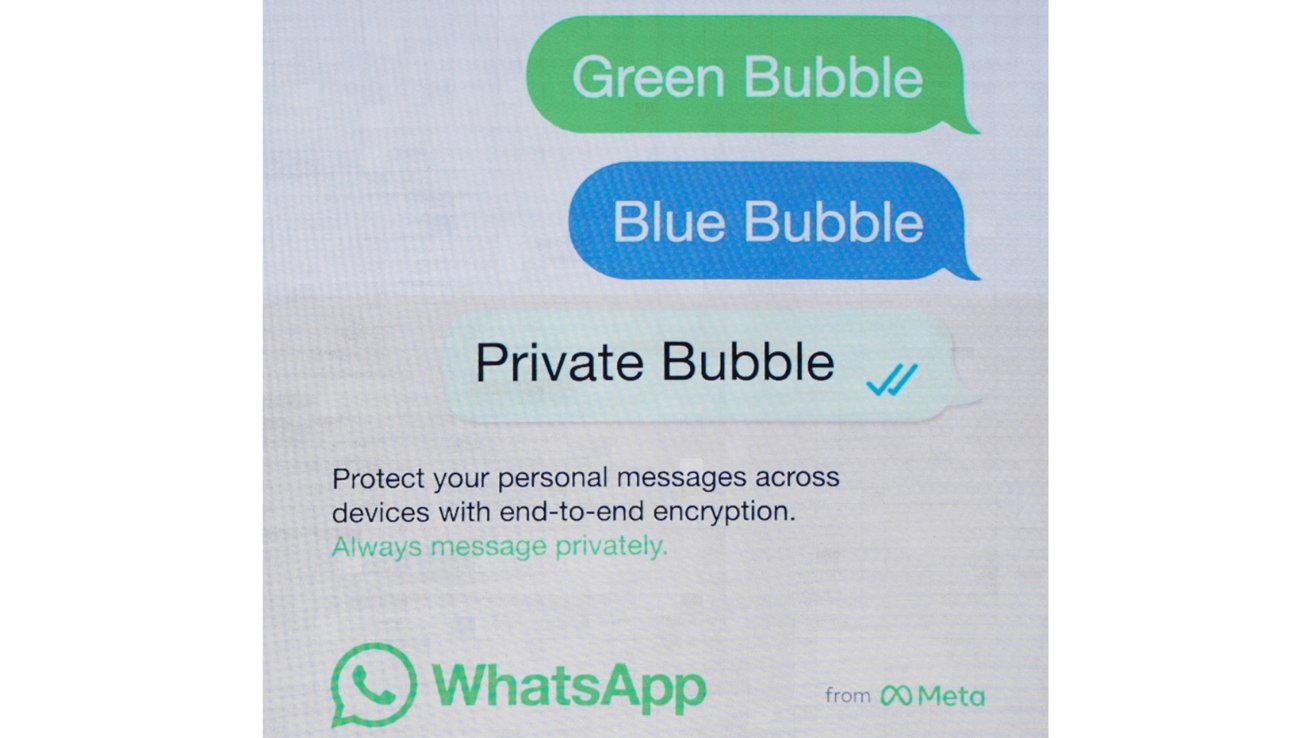When an iPhone can't send an iMessage over the internet, it reverts to unencrypted SMS texts automatically. Here's how to prevent that from happening.
Apple has offered end-to-end encrypted messaging across its devices since iMessage launched in 2011. However, some of the protocols in place that make iMessage a seamless experience cause some concerns for data privacy.
Since iMessage is an internet messaging service, it needs an internet connection to work. By default, when internet signals are weak or unavailable, the iPhone will automatically switch to SMS. This is because SMS uses an older protocol that works over a phone's cellular signal rather than an internet signal.
Apple says this occurs when iMessage isn't available on the sender's or receiver's device, or a message fails to send over the internet. Since SMS isn't encrypted and can be targeted by man-in-the-middle attacks, it isn't an ideal form of communication, especially when privacy is most important.
To ensure the Messages app only sends an iMessage in compatible chats, there is an option in Settings.
- Open the Settings app
- Scroll down and tap "Messages"
- Scroll down and find "Send as SMS"
- Toggle this setting off to prevent automatic sending as SMS
This setting can only be found on iPhone since it is the controlling device for SMS communications. With this setting toggled off, users still have the option of using SMS as a fallback when an iMessage fails to send, just long press on the failed message for the option.
When messaging anyone who doesn't have iMessage, such as Android users, the iPhone will always use SMS. This toggle doesn't affect the user's ability to send or receive SMS messages, but only prevents iMessage from falling back to SMS when a message fails to send.
Secure messaging has become a talking point of many messaging services thanks to the intense political climate promoting the invasion of citizen privacy. If messages are end-to-end encrypted, then no one has access except for the user.
One service called WhatsApp, owned by Meta/Facebook, has even taken to using iMessage's SMS fallback as a marketing standpoint. The company hopes to use ignorance surrounding iMessage features as a tool to attract users to WhatsApp.
While iMessage defaults to less privacy, more convenience out of the box, users have plenty of options to lock up iMessage to an extreme. Apple's stance seems to be that people who need increased privacy and security have access to additional tools but won't force them onto everyday users by default.
 Wesley Hilliard
Wesley Hilliard





-xl-m.jpg)



 William Gallagher
William Gallagher
 Christine McKee
Christine McKee
 Chip Loder
Chip Loder
 Thomas Sibilly
Thomas Sibilly


 Amber Neely
Amber Neely








